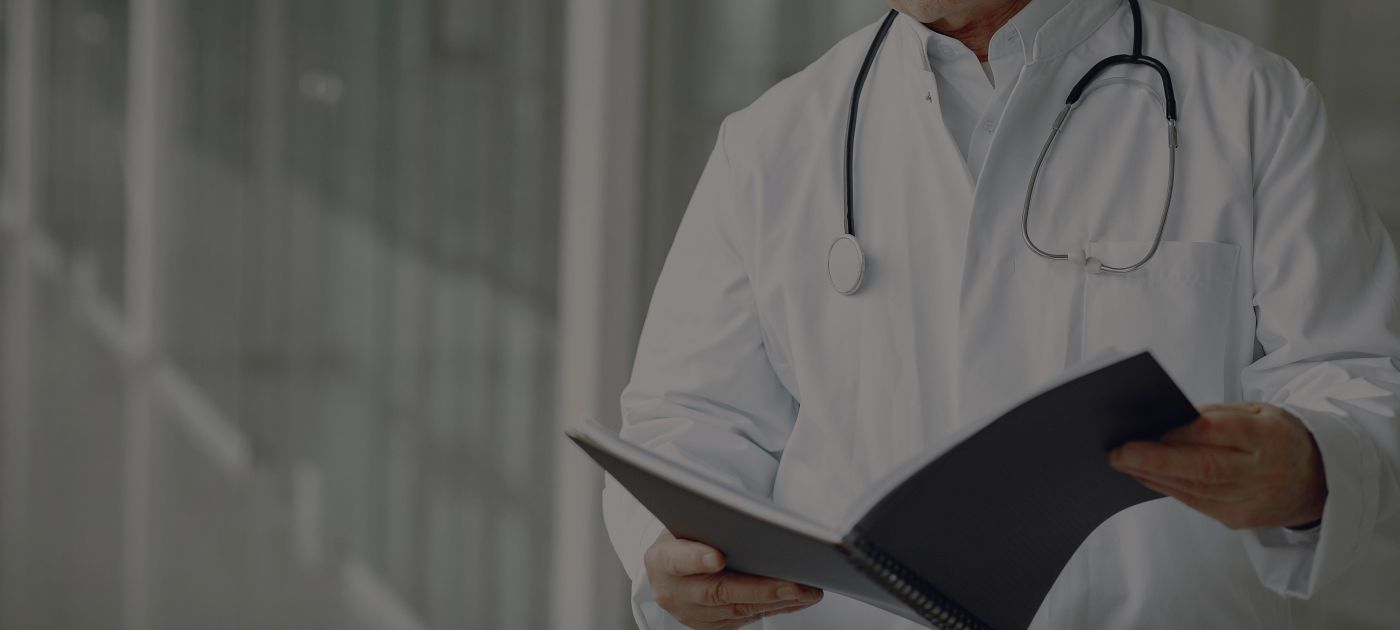
When Your Health Takes an Unexpected Turn: Navigating Guillain-Barré Syndrome and Vaccine Injury Claims
A medical diagnosis can bring with it a profound emotional journey—one filled with uncertainty, fear, and the pursuit of understanding. For those diagnosed with Guillain-Barré Syndrome (GBS), this experience is often life-changing, affecting not just the body, but the course of one's life in ways that can be difficult to comprehend.
Imagine waking up one day to find that your body is no longer responding as it should. Muscles that once obeyed your commands are now weak and uncooperative. Simple movements become insurmountable tasks, and each moment is filled with the unknown. This is the reality for those battling GBS, a rare and unpredictable neurological disorder where the immune system mistakenly attacks its own nerve cells. The path to recovery can be long, uncertain, and full of challenges.
The Medical Landscape of GBS
GBS is not only a complex medical condition but a deeply personal journey. According to the U.S. Centers for Disease Control and Prevention (CDC), about 3,000 to 6,000 people in the U.S. are diagnosed with GBS each year. While many recover fully or with minimal complications, some may face lasting nerve damage or even life-threatening issues. The road to recovery can involve long-term medical treatment and rehabilitation, making it a constant battle for many.
The Link Between Vaccines and GBS: What You Need to Know
At the intersection of vaccine safety and personal health lies a complicated and often misunderstood relationship between vaccines and GBS. It’s important to note that while vaccines can, in rare instances, trigger GBS, the risk is extremely low—typically only one or two additional cases per million vaccine doses administered. The connection is far from a simple cause-and-effect relationship.
One vaccine often discussed in relation to GBS is the influenza vaccine. Historical events, such as the 1976 swine flu vaccination campaign, saw a slight increase in GBS cases, but modern research and rigorous safety monitoring systems—such as the Vaccine Adverse Event Reporting System (VAERS) and the Vaccine Safety Datalink (VSD)—ensure that any potential risks are carefully tracked and evaluated.
Understanding the Vaccine Injury Compensation Program (VICP)
If you or a loved one has experienced GBS following a vaccination, there is a special legal pathway designed to help. The VICP provides a way for individuals to seek compensation for vaccine-related injuries without the complexities of traditional litigation. Key benefits of the VICP include:
A streamlined, no-fault claims process
Coverage for reasonable legal expenses
The ability to file claims within specific time limitations
Navigating the VICP can be complex, requiring specialized legal knowledge. At Texas Vaccine Lawyers, a division of The Greenwood Law Firm, we focus on providing compassionate, expert support for those dealing with GBS and vaccine-related injuries. Our services include:
Comprehensive case evaluations
Nationwide legal representation
No-cost initial consultations and zero upfront fees
We understand that each GBS case is unique, and we are committed to helping our clients navigate the complex intersection of medical, personal, and legal factors. Our team combines deep medical knowledge with strategic legal expertise to guide you through this challenging process.
Why Choose Us?
If you're facing the challenges of GBS, know that you don’t have to do it alone. Our team at The Greenwood Law Firm is here to support you every step of the way. We offer care, attention, and legal know-how to make sure you get the compensation you deserve.
Source: U.S. Centers for Disease Control and Prevention (CDC):
Guillain-Barré Syndrome and Flu Vaccine: https://www.cdc.gov/flu/vaccine-safety/guillainbarre.html
Guillain-Barré Syndrome (GBS) and Vaccines: https://www.cdc.gov/vaccine-safety/about/guillain-barre.html
